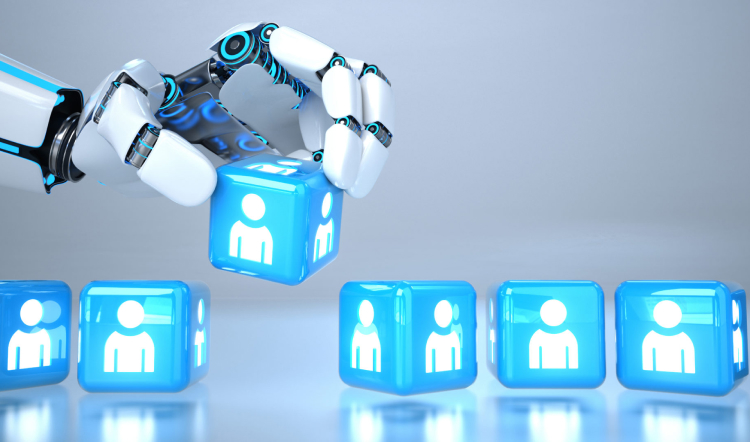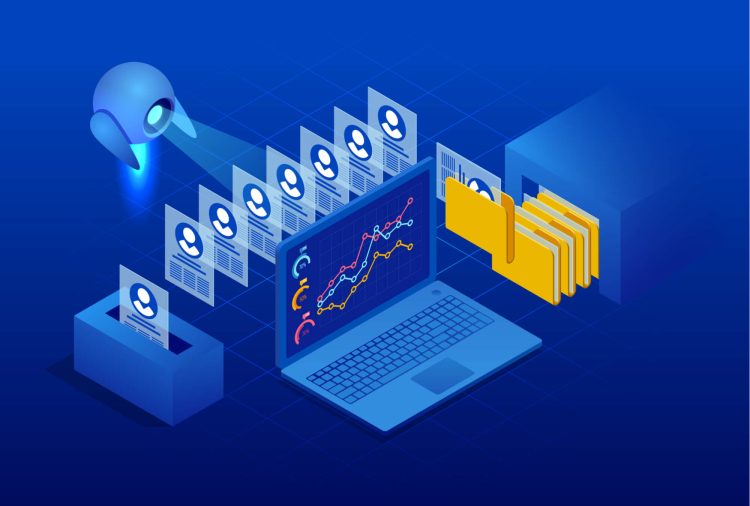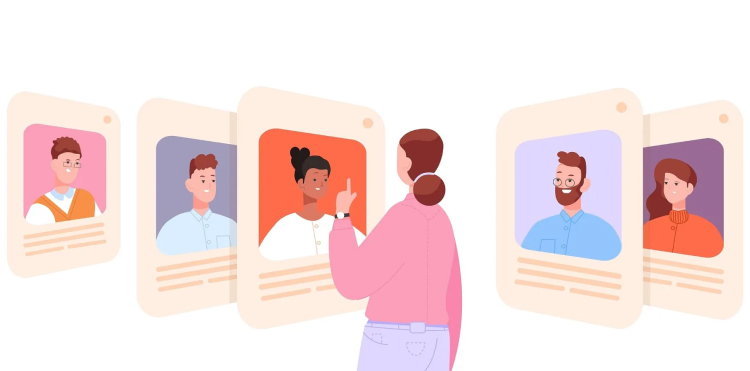In today’s fast-changing world of work, many HR professionals face significant challenges in maintaining a diverse workforce and ensuring a healthy work environment. First, many HR managers have natural biases in keeping a diverse staff and fostering a positive workplace culture. Second, unintentional prejudice can result in unjust treatment, uneven compensation, and a lack of fair advancement.
These days, artificial intelligence (AI) is a hot topic. AI is only a computer system created to carry out a list of pre-programmed duties, even though it may evoke thoughts of robots and space travel.

Role of diversity and inclusion in AI
It’s no secret that bias can affect the way humans make decisions. Whether it is intentional or not, biases can skew the outcome of something as crucial as hiring. Today AI is being used more and more in hiring decisions because of its unbiased attribute. Diversity and inclusion are not just good company values, they are critical in ensuring that an AI system makes calls that are fair and accurate. Artificial intelligence systems also have to be diverse because otherwise, they may make inappropriate judgments.

Interpreting your intersectional data
Organizations are more prepared to promote corporate diversity when they look at diversity from multiple perspectives, such as industry, country of origin, and gender, rather than just one category. HR departments can use AI technology to gain unbiased insights and create reports that are simple and concise. DEI technology suppliers enable enterprises to dig down on demographic factors such as education, age, race, ethnicity, gender, sexual orientation, education, handicap, veteran status and more, allowing them to be more specific with people groups. HR policies must adapt to the wide workforce’s demographics.

Tracking the hiring process with metrics
The influence of DEI of artificial intelligence (AI) on the HR industry is evident. In actuality, rather than posing obstacles to diversity, fairness, and inclusion, AI can solve many of these problems. Instead of depending on human bias or intuition, robots can examine vast volumes of data to generate predictions and judgments using machine learning (ML) and natural language processing (NLP). Artificial intelligence may evaluate both recruiting trends and hiring choices by gathering data from hiring managers and other stakeholders in the firm, and can then provide recommendations to solve any bias.

Initiatives based solely on objective data
Data-driven strategies are crucial in today’s competitive business environment. Companies with shared data and analytics are more likely to be financially successful than those without. That’s why every company must have a data strategy and a data-informed approach to business innovation. Artificial intelligence (AI) is transforming the HR industry, and HR managers are taking full advantage of the technology. With AI, HR managers can track retention rates, hiring goals, demographic information, and more.

Developing a company culture based on fairness and honesty
When employers portray themselves as honest, trustworthy brands, employee engagement, and loyalty soar. Organizations can use artificial intelligence to assess fairness. They can analyze the intersections between various demographic groupings. This will ensure that their recruiting and retention processes, performance management systems, and culture are as diverse and inclusive as their clients.

Tulfa – Attracting, nurturing, motivating, and rewarding great talent
Tulfa is a diverse and inclusive organization spread across the globe. Our diversity is a strength that enables us to think outside the box and deliver stronger results. Our mission is to use technology and human ingenuity to their full potential. We’re dedicated to promoting equality for everyone involved with us – our employees, clients, and communities. This dedication drives our innovation and allows us to provide value from every angle. It also ensures that we act responsibly as a corporate leader. If you want to be a part of a company that is future-oriented, send us your resume at: hr@tulfa.com



